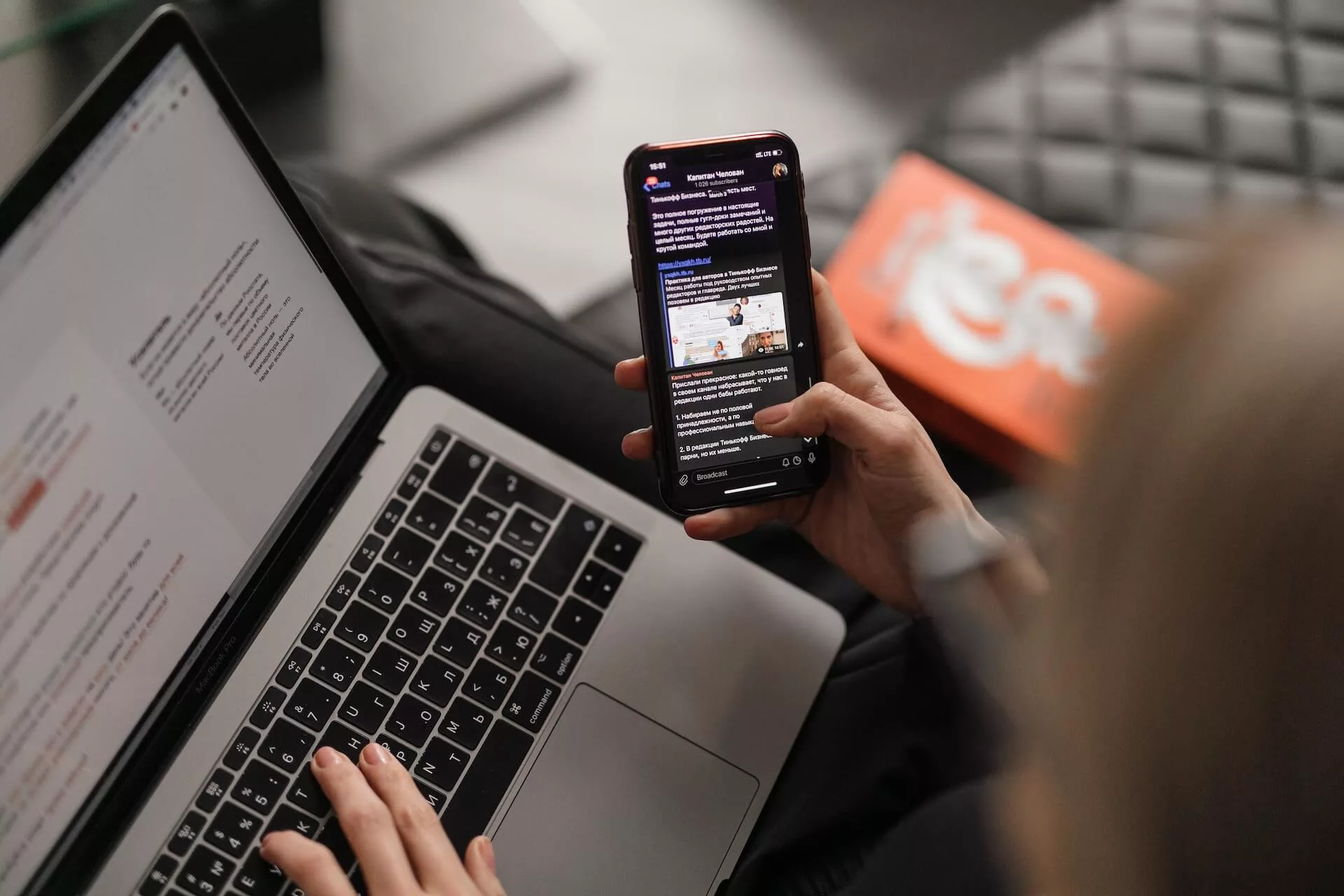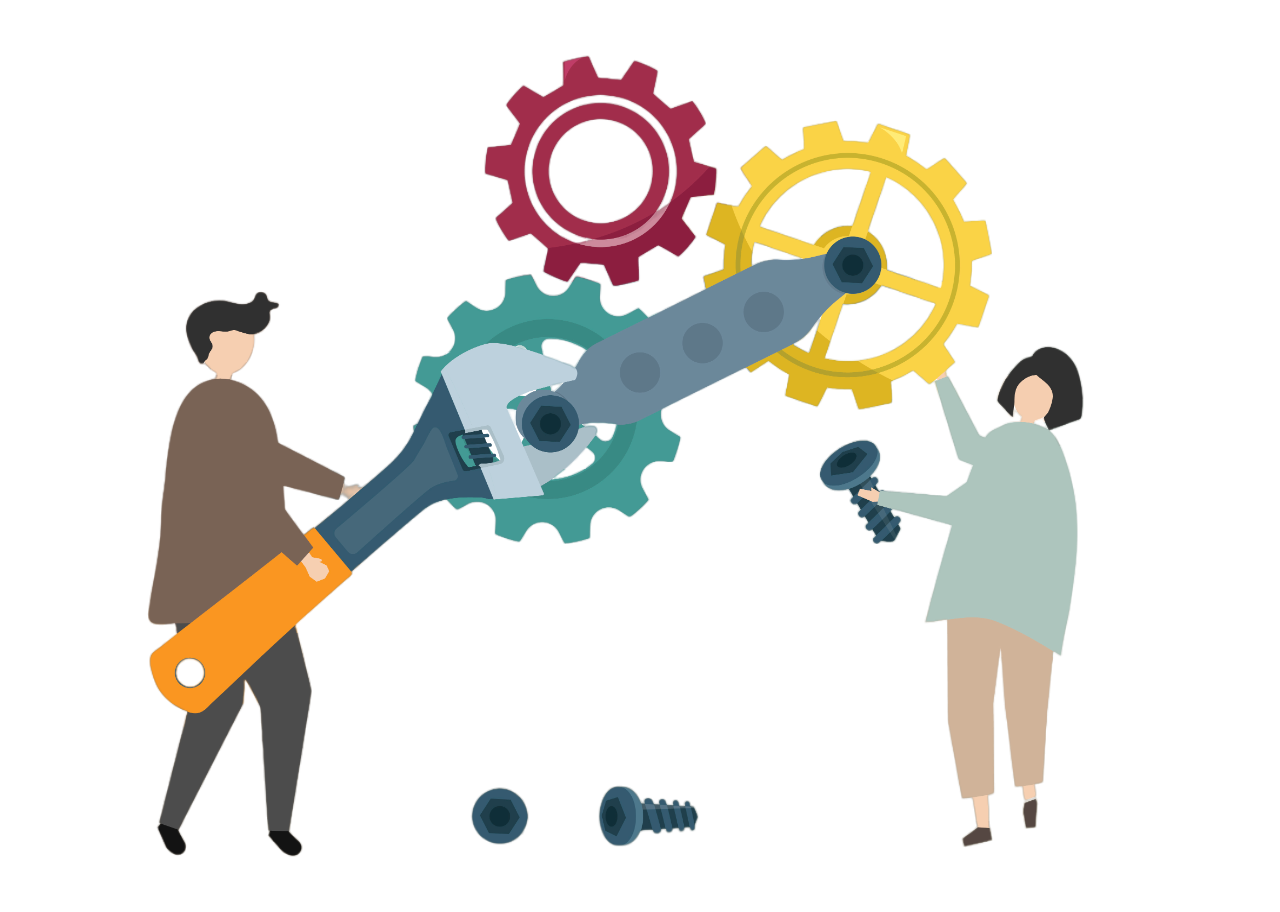The Best Workflow Apps to Stay Organized
Whether you’re managing projects on your own or collaborating with teams across time zones, the right digital tools can bring clarity and structure to your day. Below is a roundup of some of these tools, some for personal use, others for team collaboration, but all designed to help you work smarter, not harder. 1. Notion Notion is a true all-in-one workspace. It combines the functionality of a note-taking app, task manager, database, and calendar into one highly customizable platform. Whether you’re planning your week, building a content calendar, or tracking personal goals, Notion’s sleek and minimalist interface makes organization feel more like a creative ritual than a chore. It’s perfect for anyone who values flexibility as well as aesthetics in equal measure. 2. Trello But if you’re a visual thinker, Trello is a game-changer. Based on the Kanban System (a visual method for managing workflow), Trello uses boards, lists and cards that you can drag and drop as you move through tasks. It’s ideal for tracking multi-step projects such as article deadlines, event planning, or even meal prep. 3. Todoist Todoist is the digital version of that perfectly satisfying paper checklist. Its clean, intuitive design makes task management feel simple and low-pressure. You can type in recurring tasks like “Submit a report every Friday at 3 PM” and let the app handle the scheduling for you. Its priority levels, reminders and integrations help ensure nothing slips through the cracks, even if you’re juggling a million things. 4. Obsidian For those who want to go beyond task lists and build a deeper, more connected knowledge base, then Obsidian is ideal. It’s a powerful note-taking tool that turns your solitary ideas into a connected network by “linking your thinking.” This app is perfect for researchers and creatives who want their insights to grow organically over time. What makes Obsidian stand out is that it’s less about checkbox-style productivity and more about fostering reflection, clarity and retention. 5. ClickUp ClickUp is a powerhouse for teams that have to manage complex workflows. It combines tasks, documents, goals, calendars and even time tracking into one collaborative space. You can switch between list views, kanban boards, Gantt charts (a project management tool that displays a project’s schedule as a horizontal bar chart) and more, depending on your team’s style. Its flexibility makes it suitable for everything from marketing campaigns to product launches. 6. Slack Slack has become a staple for modern teams, offering real-time communication without the clutter of endless email threads. With easily creatable channels akin to Discord and quick access to group calls using the “Huddle” function, Slack supports strong team communication and organization. 7. Clockwise Clockwise is a smart, AI-powered calendar designed to ensure your schedule accommodates both your tasks as well as dedicated time for deep focus and recovery. It effortlessly integrates with Google Calendar and syncs edits across your team(s) to reduce scheduling conflicts and improve collaboration. For organizations that prioritize collaborative work and want to support sustainable productivity, Clockwise is a simple tool that can make a real difference. Amidst constant notifications and deadlines, staying organized can feel like its own full-time job. But with the right tools, you can actually enjoy the process and customize a workflow that works for you. After all, productivity isn’t a one-size-fits-all process, and the best system is the one you’ll actually use.





